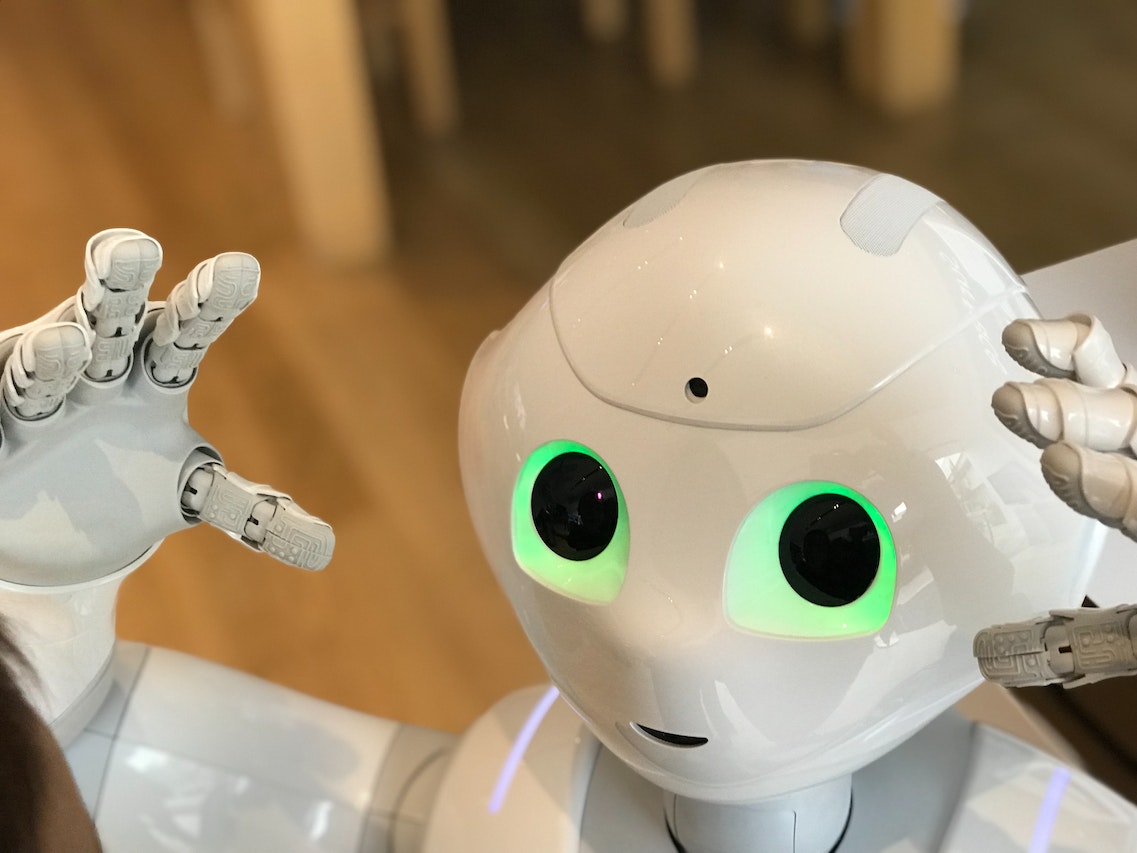In today’s rapidly evolving industrial landscape, technological advancements are reshaping the way factories operate, optimize production processes, and meet growing consumer demands. From robotics and automation to data analytics and artificial intelligence, modern factories are harnessing cutting-edge technologies to enhance efficiency, improve quality, and stay ahead of the competition. In this article, we’ll explore some of the most technologically advanced factories on the planet, showcasing their innovative approaches and contributions to the manufacturing industry.
1. Tesla Gigafactory:
Located in Nevada, USA, the Tesla Gigafactory is a sprawling facility dedicated to the production of electric vehicle batteries and energy storage solutions. Spanning over 5.3 million square feet, the Gigafactory employs advanced automation and robotics to streamline battery manufacturing processes, significantly reducing production costs and increasing output capacity. Equipped with state-of-the-art lithium-ion battery technology and renewable energy sources, the Gigafactory plays a pivotal role in Tesla’s mission to accelerate the world’s transition to sustainable energy.
2. Foxconn Zhengzhou:
As one of the world’s largest electronics manufacturers, Foxconn’s facility in Zhengzhou, China, is a testament to technological innovation and scale. Known as “iPhone City,” the factory complex produces millions of iPhones annually, utilizing advanced assembly lines, robotic arms, and precision machinery to achieve unparalleled efficiency and precision. With its vast workforce and vertically integrated supply chain, Foxconn Zhengzhou exemplifies the modern approach to high-volume electronics manufacturing.
3. Siemens Amberg Electronics Plant:
Situated in Amberg, Germany, the Siemens Electronics Plant is renowned for its pioneering use of Industry 4.0 technologies and smart manufacturing principles. The facility employs a comprehensive network of sensors, actuators, and interconnected systems to enable real-time monitoring and control of production processes. By leveraging data analytics and artificial intelligence, the Amberg plant achieves optimal resource utilization, minimal downtime, and adaptive manufacturing capabilities, ensuring rapid response to changing market demands.
4. Toyota Tsutsumi Plant:
The Toyota Tsutsumi Plant in Toyota City, Japan, represents a paradigm shift in automotive manufacturing, emphasizing flexibility, sustainability, and human-centric design. Utilizing Toyota’s renowned Toyota Production System (TPS) and Just-In-Time (JIT) production methods, the Tsutsumi Plant enables rapid model changes, customization options, and efficient use of resources. Moreover, the facility incorporates eco-friendly practices, such as energy-efficient equipment, waste reduction initiatives, and renewable energy sources, demonstrating Toyota’s commitment to environmental stewardship.
5. Boeing Everett Factory:
As the largest building in the world by volume, the Boeing Everett Factory in Washington, USA, is a marvel of aerospace engineering and manufacturing. Home to the production of Boeing’s iconic 747, 767, 777, and 787 aircraft, the facility leverages advanced robotics, automated guided vehicles (AGVs), and digital twin technology to optimize assembly processes and ensure aircraft quality and safety. With its massive footprint and cutting-edge capabilities, the Everett Factory plays a critical role in the global aerospace industry.
6. Samsung Semiconductor Fab:
Located in Hwaseong, South Korea, Samsung’s semiconductor fabrication plant is at the forefront of chip manufacturing and innovation. Equipped with the latest lithography, etching, and packaging equipment, the facility produces advanced semiconductor chips used in smartphones, computers, and other electronic devices. With its focus on research and development, process innovation, and production efficiency, Samsung’s semiconductor fab remains a key player in the global semiconductor industry.
7. BMW Leipzig Plant:
The BMW Leipzig Plant in Germany exemplifies the convergence of automotive manufacturing and sustainability. Powered by renewable energy sources, such as wind and solar, the facility boasts a carbon-neutral production process, minimizing its environmental footprint. Additionally, the Leipzig Plant embraces digitalization and automation, employing collaborative robots (cobots), autonomous transport systems, and data-driven analytics to optimize efficiency and quality across assembly lines.
8. Airbus Hamburg-Finkenwerder Plant:
Situated in Hamburg, Germany, the Airbus Hamburg-Finkenwerder Plant is a hub for the production of commercial aircraft, including the Airbus A320, A330, A350, and A380. Featuring advanced manufacturing techniques, such as additive manufacturing, composite materials, and digital design tools, the facility delivers aircraft components with unparalleled precision and reliability. Moreover, the Hamburg-Finkenwerder Plant prioritizes sustainability initiatives, such as waste reduction, energy efficiency, and emissions reduction, aligning with Airbus’s commitment to environmental responsibility.
9. Intel Fab 42:
As one of the world’s most advanced semiconductor fabrication facilities, Intel’s Fab 42 in Arizona, USA, represents a significant investment in cutting-edge manufacturing technology. Designed for the production of next-generation semiconductor chips, including Intel’s latest microprocessors and memory modules, Fab 42 features state-of-the-art cleanroom environments, advanced photolithography systems, and automated wafer handling equipment. With its focus on process innovation and manufacturing excellence, Fab 42 plays a crucial role in driving Intel’s leadership in the semiconductor industry.
10. Bosch Connected Industry Factory:
The Bosch Connected Industry Factory in Stuttgart, Germany, serves as a model for the future of connected manufacturing and digital transformation. Leveraging the Internet of Things (IoT), artificial
intelligence, and cloud computing, the factory enables seamless integration of production systems, supply chains, and customer requirements. Through real-time data analytics, predictive maintenance, and autonomous production processes, the Bosch Connected Industry Factory maximizes productivity, flexibility, and agility, setting new standards for Industry 4.0 implementation.
Conclusion:
In conclusion, the world’s most technologically advanced factories showcase the power of innovation, automation, and digitalization in modern manufacturing. From automotive assembly plants to semiconductor fabs, these facilities exemplify excellence in efficiency, quality, and sustainability, driving progress and shaping the future of industry. As technology continues to evolve, these factories will remain at the forefront of innovation, pushing the boundaries of what’s possible and inspiring the next generation of manufacturing excellence.



